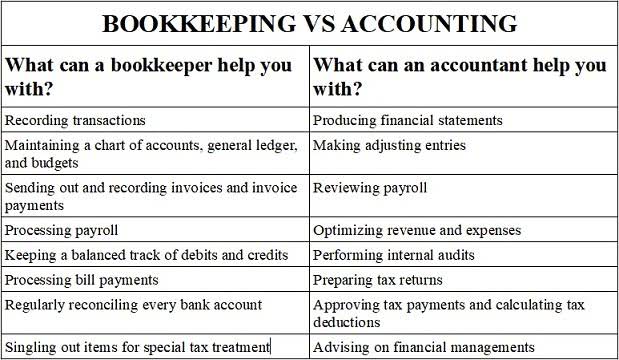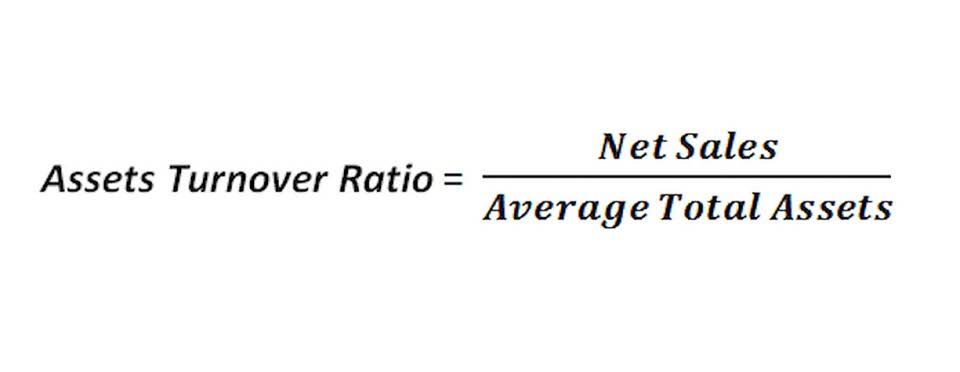
If you fail to do so, you may face adverse tax consequences and hefty penalties. Following is an overview of the basic rules relating to every employer’s payroll tax responsibilities. Entrepreneurs and small business owners often need support in making sure they are fully compliant with payroll tax policies. Because certain thresholds and percentages change from year to year, understanding payroll taxes requires continued knowledge building and information gathering.
- Congress subsequently passed the Consolidated and Further Continuing Appropriations Act, 2015, which was signed into law by the President on December 16, 2014, and made a technical correction to section 833(c)(5).
- In that case, taxes for Wednesday, Thursday, or Friday paydays are due by the following Wednesday.
- If they choose to, employees can receive their entire paycheck and then owe taxes at the end of the year.
- The rate falls to 22% for supplemental wages of $1 million or less.
- Local taxes vary and can include anything from a flat income tax to a tiered transportation or school board tax.
However, if the IRS considers you a self-employed business owner, you contribute to social security and Medicare by paying self-employment taxes (SECA taxes). After the passage of the Affordable Care Act in 2010, employees who make over a certain amount of money each year must pay an additional Medicare surtax. Once an employee’s wages reach $200,000, you must start withholding 0.9% on any wages exceeding that threshold. There is no employer matching in this case; only employees pay the Medicare surtax. Employers and employees must each pay 6.2% social security tax on gross annual pay up to $132,900 for the 2019 tax year and up to $137,700 for 2020. Once your employees’ wages exceed this cap, you should no longer withhold social security taxes from their pay.
How to Make Sure You Meet Your Payroll Tax Responsibilities
If you’re eligible (you paid FUTA taxes on time), you can receive up to 5.4% credit. Employers use Form 941, the Employer’s Quarterly Federal Tax Return, to report Social Security tax withheld from employees’ paychecks and to pay their portion of Social Security. The Social Security tax rate is assessed on all types of income, including wages, salaries, and bonuses, but there’s a cap.

FUTA taxes (unemployment taxes) are only made on a quarterly basis to the IRS. However, if your FUTA tax contributions are less than $500, then you roll them over to the next quarter and pay biannually. Payroll taxes (employment taxes) are the taxes businesses pay on employees’ wages. Employers usually must file with the IRS Form 940 (“Employer’s Annual Federal Unemployment [FUTA] Tax Return”) and Form 941 (“Employer’s Quarterly Federal Tax Return”). As the employer, your portion is determined by calculating a percentage of the employee’s salary.
Who Pays Payroll Taxes?
Additional information on affordable and minimum-value coverage is found in the IRS Q&A on this topic. Submission of certification applications began June 21, 2010, and applications had to be postmarked no later than July 21, 2010, to be considered for the program. Applications that were postmarked by July 21, 2010, were reviewed by both the Department of Health and Human Services (HHS) and the IRS. All applicants were notified by letter dated October 29, 2010, advising whether or not the application for certification was approved.
People receive unemployment compensation benefits when they lose their job. There’s no wage cap for Medicare tax, which means that all of an employee’s annual wages are subject to this tax. Lastly, some agencies require tax reports via specific forms, like Form 941 or Form 940, in order to remain in compliance. Ensure you’re filing the necessary reports for the applicable agencies as required by law. During your employee onboarding, you provide employees with the W-4 form provided by the IRS for the applicable year.
Providing Coverage That Is Affordable and of Minimum Value
The amount of wages subject to FUTA and SUTA taxes is capped based on the wage base for each. To makes things a little easier to understand, check out a brief recap below of which payroll taxes are the employee’s responsibility. The Affordable Care Act provides a one-time $250 rebate in 2010 to assist Medicare Part D recipients who have reached their Medicare drug plan’s coverage gap. Typically, employers are the ones who calculate this amount, but with the government’s approval. At the end of the day, with the sheer number of taxes, rules, and deadlines, payroll taxes can seem very intimidating.

Although Uncle Sam doesn’t pay unemployment benefits, it does help states pay employees who have been involuntarily terminated from their jobs. The Federal Unemployment Tax Act (FUTA) created a special tax that applies to the first $7,000 of wages of every employee. The basic FUTA rate is 6%, but employers can benefit from a credit for state unemployment tax of up to 5.4%, resulting in an effective tax of 0.6%. However, the credit is reduced if a state borrows from the federal government to cover its unemployment benefits liability and doesn’t repay the funds.
Affordable Care Act Topics
Payroll taxes also include contributions to Social Security and Medicare for both the employee and employer, as well as federal unemployment tax (FUTA) and state unemployment tax. Health coverage for an employee’s children under 27 years of age is now generally tax-free to the employee. This expanded health care tax benefit applies to various workplace and retiree health plans. This also applies to self-employed individuals who qualify for the self-employed health insurance deduction on their federal income tax return. In addition to FICA and income tax withholdings, all employers are also responsible for paying unemployment taxes.

The more claims made by former employees, the higher the tax rate on such employers. Each year, the state informs an employer of its tax rate, which can never be below a minimum amount. Income tax is the one everyone is familiar with and depending on where you live you will have both federal and state income tax withheld. which payroll taxes are the employees responsibility and which are the employers responsibility You may also see local income tax being withheld from your paycheck. But, when we are talking about payroll taxes we are talking about more than just the income tax. There are specific taxes, some which you may be familiar with, that are withheld from the employee’s paycheck and are also paid by the employer.